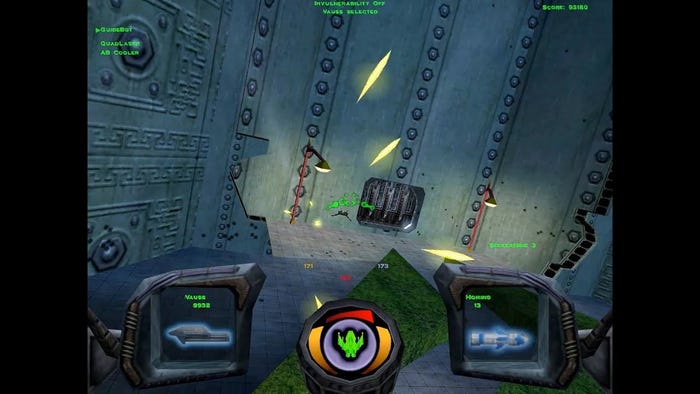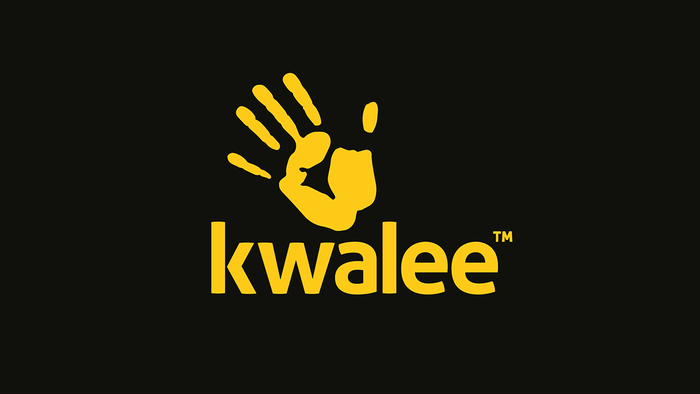As part of the CEDEC Premium conference at the Tokyo Game Show attended by Gamasutra, Epic Games' Jay Wilbur discussed the company's attitude to next-gen development, rev...

As part of the CEDEC Premium conference at the Tokyo Game Show attended by Gamasutra, Epic Games' Jay Wilbur discussed the company's attitude to next-gen development, revealing the formation of Epic Games China to provide low-cost game asset outsourcing to both Epic and third parties. According to Wilbur, one of the keys to Epic's carefully managed staff size is the way that the company has outsourced content. Epic's teams were claimed to be 50% or smaller on average than the industry norm, with Gears Of War's average team size over its development life listed as being just 30 developers. Hence, Epic has initiated the setting up of the Shanghai-based division, which is run by a team responsible for content development at high-profile studios including Ubisoft Montreal and Ubisoft Shanghai, reportedly including former Ubisoft Shanghai studio head Paul Meegan. The people behind Epic China have worked on titles in the Splinter Cell, Rainbow Six, and Ghost Recon franchises, and Wilbur indicated that Epic itself is outsourcing to Epic Games China for low-cost, high quality game assets, but it will also be available to other developers. Why China for Epic, and why now? Wilbur explained that the cost per man month (including overhead) to produce games in North America is around $9,000, and in Europe and Japan, it's $8,500 per man month. But costs per man month in China are less than $4,000 - hence Epic's choice to keep its core team at Epic's NC offices, but outsource significant amounts of art creation for its games. Wilbur, a former Id Software veteran who is currently vice president of business development at the Unreal Engine creator, also discussed the notable success of Unreal Engine 3's third-party licensing program in his talk, which was in many ways an overt sales pitch for the widely used PC and next-gen console game engine - but also provided some useful facts. The Epic VP indicated that the average game project budgets for the PlayStation 2/Xbox game generation was $2 to 6 million, whereas the average budget for next-gen gaming can be $8 to 20 million. Noting that the average team size for the PS3/Xbox 360 generation is 60 to 80 people, he claimed that a combination of outsourcing and engine licensing enabled companies such as Epic to run at a much lower full-time employee base and cost. In this case, that would include an average of 30 employees on the Xbox 360-exclusive Gears Of War, working (as "internal licensees") on the Unreal Engine 3 codebase, which is maintained by 20 employees at Epic for worldwide licensing on PC, Xbox 360 and PlayStation 3. But perhaps the most interesting comments made by Wilbur related to the apparent reluctance and intractability of the Japanese market to use middleware, including Unreal Engine 3, for game development. Wilbur noted: "Japanese game developers are a very talented, very proud group - and rightly so," there's a "general reluctance" for some developers to deviate from previous development methodologies, even if they're using new technology. Wilbur also commented: "Many Japanese developers seem to be making a conscious decision to ignore significant title exposure and sales opportunity" by developing exclusively for one platform. He explained: "Several Japanese developers say they're not focused on Xbox 360 because it's not a success in Japan - [but] video gaming is a global business [and] we see 50% or more of our game sales revenues outside of the U.S." His conclusion? "You have every reason to exploit your product on as many next-generation hardware platforms as possible" - for example, by using a product such as Unreal Engine 3, which provides for simultaneous PlayStation 3 and Xbox 360 development. The assembled Japanese developers seemed alert and receptive to Wilbur's speech, but as he suggested, many of them still have to get used to the idea of using middleware at all, something he was hoping to address with his TGS information.
About the Author(s)
You May Also Like








